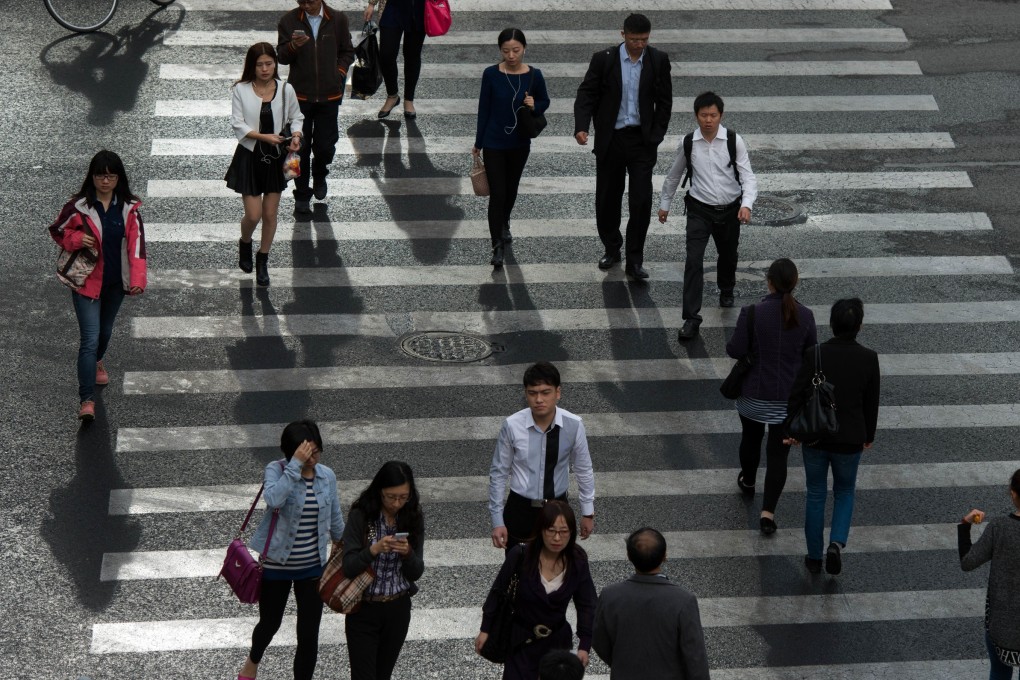Opinion | Modern fiscal system a prerequisite for a China based on rule of law
Hu Shuli says China's unstinting efforts to overhaul its fiscal system, starting with the new Budget Law, signal its dedication to all-out reform

Changes to China's tax and fiscal framework have become the vanguard for the "deep and comprehensive" reforms the country has pledged in an effort to overhaul its economy and society.
On June 30, the party's top leaders endorsed a slate of tax and fiscal reform measures to be put in place by 2016, so a modern tax system could be up and running by 2020. In August, the National People's Congress Standing Committee adopted the revised Budget Law. Last month, the State Council issued rules to strengthen the management and supervision of local government debt. Meanwhile, both the Ministry of Finance and the State Administration of Taxation have rolled out a series of proposals to fine-tune the tax on resources.
The concerted effort to reform the country's tax and fiscal system is in line with the Central Committee's decision late last month passed by its fourth plenum, which noted that "legislation and reform policy decisions must go hand in hand, so major reforms are backed by law and legislation proactively answers the real needs of a developing economy".
To build a society governed by the rule of law, one major plank has to be the regulations that control how the government spends its money.
Tax and fiscal reforms are important because they directly affect the entire reform drive.
There are three major areas of concern in fiscal reform: budget management, the tax structure, and the fiscal relationship between the central and local governments. Among these, budget reform should be introduced first. We can expect progress on this front within the next two years.
